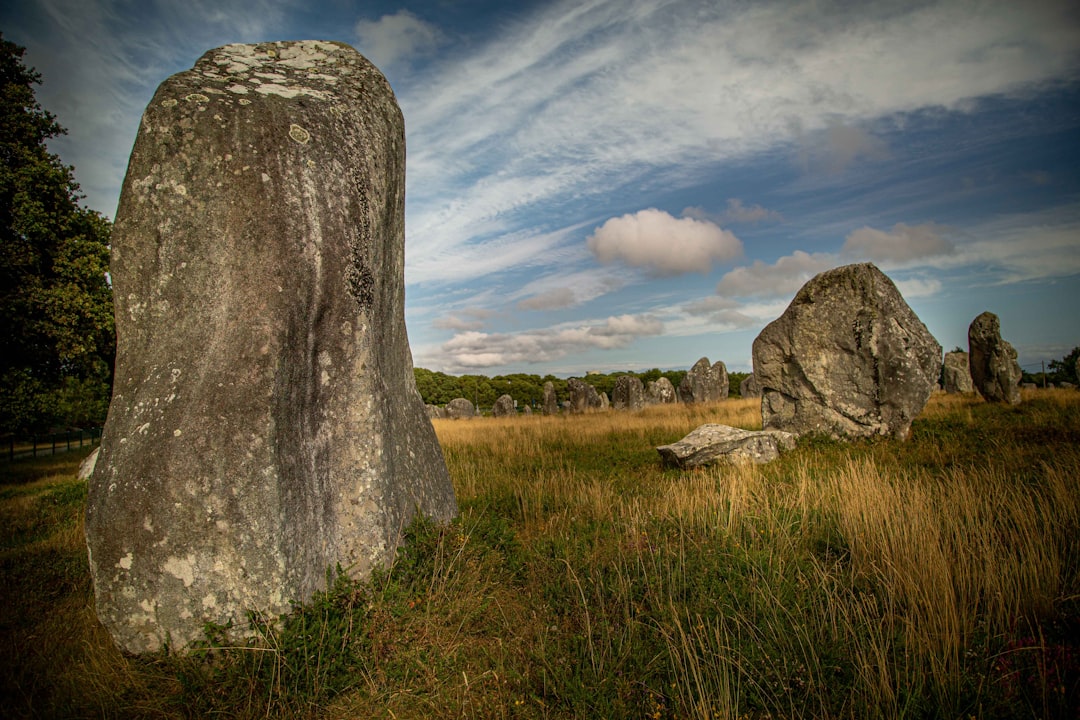What is it about?
The protagonists and their published ideas and works, showing the differences and diversity of interests, the scientific and philosophical ideas of the nineteeth century, and the new ideas emerging in what concerns the relationship between neurology and psychiatry, and a more psychological attitude. The approach to diseases show conceptual changes, emerging an evolutive plurality, which brought about diseases, syndromes, symptoms and patologisations, justifying a constructionist perspective. Concerning therapeutics, institutional therapeutics are included, drug therapies with hypnotics and sedatives and psychotherapies in the end of the period.
Featured Image
Why is it important?
The study tries to develop a conceptual history, which is aimed at completing the more externalist approaches, that develop a social and institutional history, leaning to the social sciences and especially studying the alienism and the history of psychiatric institutions. A more conceptual history studies the classical psychopathology, showing the evolution of the concepts building up a cultural history of psychopathology, valuing the ideas coming from the european countries, and the social and political crises in that period of portuguese history.
Perspectives
The main perspective is to ameliorate the knowledge about the beginning of portuguese psychiatry, that is not well known.
José Pereira
Centro de Estudos Interdisciplinares do Século XX da Universidade de Coimbra
Read the Original
This page is a summary of: Psychiatry in Portugal: Key actors and conceptual history (1884–1924), History of Psychiatry, February 2018, SAGE Publications,
DOI: 10.1177/0957154x18756525.
You can read the full text:
Contributors
The following have contributed to this page










